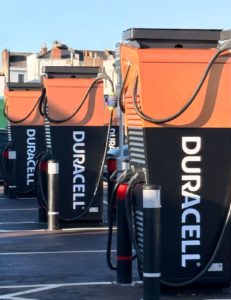Currently, only a handful of cities have fully implemented ZEZs, with five leading the way – Brussels, Copenhagen, Amsterdam, Eindhoven, and Paris – planning to roll out their own ZEZs between 2023 and 2030. Two boroughs in London have also taken steps by piloting a scheme that allows zero-emission and plug-in hybrid vehicles into the zone, while Rotterdam focuses on creating zero-emission freight zones. The Dutch government has ambitious plans to establish zero-emission delivery zones in up to 40 cities by 2025.
The report also highlights the success of Low-Emission Zones (LEZs) in many European cities, where older and more polluting vehicles are either restricted or charged a fee for entering certain areas. These LEZs have already significantly improved air quality in cities, with a 40% increase in their implementation across Europe from 2019 to 2022.
Moreover, the ICCT report aims to assist cities in planning and implementing both LEZs and ZEZs, offering valuable lessons learned from other cities’ experiences. It compares the strategies employed in Europe and North America, including legal frameworks, enforcement mechanisms, incentives to promote zero-emission vehicles, and the enhancement of alternative modes of mobility such as public transport, cycling, and walking.
The report concludes with a series of recommendations for cities, emphasizing the importance of early stakeholder engagement, effective public communication, and equitable policy design in the planning of LEZs and ZEZs.
The ICCT conducted interviews with officials from nine cities, including Amsterdam, Brussels, London, and Paris, all of which have committed to establishing comprehensive ZEZs by 2035. Several cities have also initiated pilot projects and public-private partnerships to encourage zero-emission vehicle adoption, with Oxford’s charging pilot program and efforts in California and Montreal standing out as potential models for others.
This report underscores the growing global momentum to combat pollution and climate change through the implementation of ZEZs and LEZs, offering a roadmap for cities worldwide to create healthier, more sustainable urban environments.
Source: Planning and implementation of low- and zero-emission zones in cities | The ICCT







